Denise Leyton
Posts tagged with Assessment
Showing 41 - 50 of 73 items
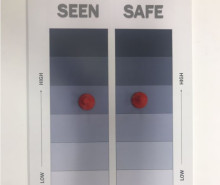
In three blog posts, the authors describe a multi-year library service design project. This first post describes the origins and goals of the assessment project.

How do we begin applying a critical lens towards assessing library instruction? Recently U-M Library Instructor College and the The Feminist Pedagogy Reading Group discussed Maria Accardi’s book chapter "Teaching Against the Grain: Critical Assessment in the Library Classroom."

A project team charged with providing staff training activities approached the project assessment with an iterative design lens, allowing for responsive and timely development of multiple opportunities for staff engagement around organizational and personal change. The team tried out different assessment techniques related to the opportunities offered.
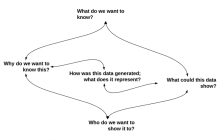
Chances are the work processes you already have in place are generating data that you could be using to learn more about those processes. In this second blog post, the author continues to highlight steps for working with data that is generated by your daily tasks.
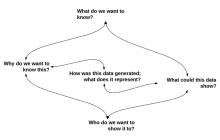
Chances are the work processes you already have in place are generating data that you could be using to learn more about those processes. In two blog posts, the author shares some steps for working with data that is generated by your daily tasks.
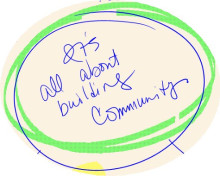
What does it mean to evaluate assessment practices through a DEIA lens? Sheila Garcia, Resident Librarian in Learning and Teaching, shares her personal journey applying a critical lens to her capstone project that centers the experiences of undergraduate language brokers.

How can we improve the familiarity and credibility between Library experts, resources and services we offer and the students, faculty and staff who use them? Whether we’re building new relationships or reconnecting with patrons/colleagues during assessment or user research activities, we have the opportunity to use certain marketing and communication best practices and tools during our user research to align clear and targeted communication with our key audiences.

Assessment and research activities focused on the U-M Library faculty, staff, and student experiences are happening regularly, and often the Library Human Resources (LHR) team is contributing to these activities if not leading the research. This work can focus on quantitative data, qualitative data, or take a hybrid approach, and can involve surveys, interviews, and/or some general number-crunching. This post looks over some recent HR assessment projects.

When planning an assessment project in the Library, one important step is to consider whether your project should be vetted by the Institutional Review Board (IRB) at U-M, a committee that ensures studies with human subjects are ethical, that subjects are protected from unnecessary psychological or physical risks, and that subjects are participating in a fully informed, voluntary manner. This post details when your data collection may be subject to a full IRB application and review process.
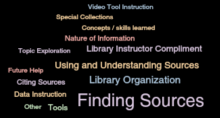
Assessing library impact on student learning is essential for demonstrating libraries’ integrated value and commitment to higher education. In 2018 the author investigated faculty perceptions of student learning in library instruction sessions, and as a result, revealed that faculty observe enhanced learning when their students participate in library instruction opportunities.